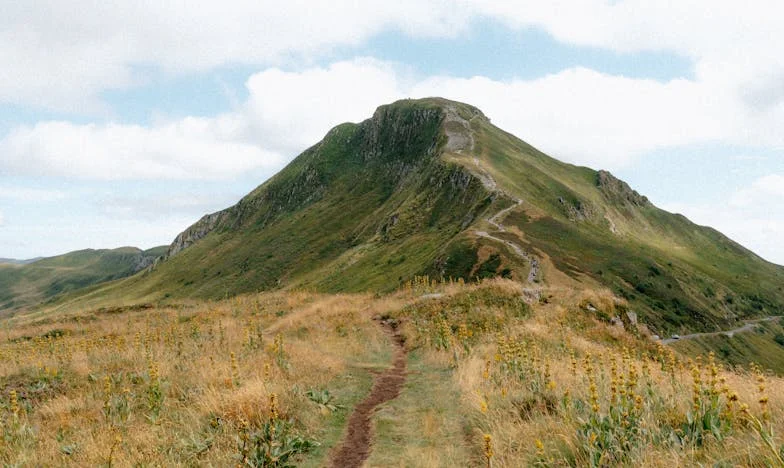If Only I’d Known: The Bus Ride That Changed Everything
“If only I’d known what waited for me that morning…”
The bus jolted violently, slinging me against the cold window. I clung to the metal bar, knuckles white, as the driver swore at the potholes. The route from Westfield to downtown Milwaukee was always a mess after winter, but today it felt like the world was shaking me awake. I was the only one near the front—just me, an old man with a battered grocery bag, and a teenage girl in headphones. It was a Tuesday, the kind of gray, late-March morning that made you miss even the ugliest parts of summer.
I pulled my coat tighter. My hands still stank faintly of whiskey, even though I’d scrubbed them raw. I swore I wouldn’t touch another drop—not after last night. Not after Rachel’s tears, my daughter flinching when I raised my voice. “I can’t do this anymore, Dad,” she’d whispered, voice trembling. “You promised.”
The bus hit another bump. The driver, a heavyset guy with a Packers cap, muttered, “Damn city never fixes nothin’.”
The old man looked up at me through watery eyes. “You okay, son?”
I shrugged, forcing a smile. “Yeah. Just tired.”
But the truth was, I was bracing for what might come next. Rachel’s words echoed in my ears. My wife, Sarah, had left years ago—took the kids, moved to Madison, said she’d had enough of my drinking and the empty promises. But Rachel came back when she turned nineteen, thinking maybe I’d changed. For a while, I had.
I glanced at my phone. No new messages. Rachel had stormed out last night, slamming the door so hard the kitchen clock fell off the wall. I’d cleaned up the glass, swept the floor, and poured the last of the bourbon down the drain. I’d even called my brother, Mark, who hadn’t spoken to me since the Christmas I ruined three years ago. He didn’t pick up.
The bus slowed at a stop near an abandoned strip mall. The teenage girl got off, leaving me alone with the old man and the driver.
“You look like you’ve been through hell,” the old man said quietly.
I let out a bitter laugh. “Feels about right.”
“Family trouble?” he asked gently.
“My daughter,” I said. “She’s all I got left. And I keep messing it up.”
He nodded, eyes sad. “I lost my boy to heroin. Never got a chance to make it right. Don’t waste yours.”
His words stung. I stared at my hands, remembering all the times I’d promised Rachel things would change. I’d even gone to AA, but every time I thought I was better, the old habits crept in.
My phone buzzed. A message from Rachel: “Don’t come find me. I need space.”
The driver glanced at me in the mirror. “Everything okay, bud?”
“Yeah, just… family stuff.”
He grunted. “Ain’t that always the way.”
At the next stop, the old man stood, patted my shoulder, and shuffled off into the cold. I watched him go, feeling a strange emptiness. The driver and I were alone.
“You got kids?” he asked suddenly.
“Yeah. One.”
“I got two,” he said. “Don’t see ’em much. Divorce. Work. Life. You know.”
I nodded. The bus rolled on, past shuttered shops and the flicker of a neon sign in a diner window. I remembered taking Rachel there for pancakes when she was little, her face sticky with syrup, laughing at my stupid jokes. When did I become this person she couldn’t trust?
A siren wailed somewhere behind us. The driver slowed, glancing over his shoulder. “You ever think about just… leavin’? Startin’ over?”
I thought about it. About packing up, moving somewhere nobody knew me. But Rachel would still be here. And I’d still be me, haunted by the same ghosts.
“Running never worked for me,” I said. “I just ended up lost.”
The driver nodded. “Yeah. Same.”
The bus lurched to a stop at the hospital. I hesitated. My stop was still six blocks away, but suddenly I didn’t want to be alone. I stood, clutching my bag, and stepped off.
Inside the hospital, everything was too bright, too clean. I wandered past people clutching loved ones’ hands, a mother shushing her crying toddler, an old woman asleep in a wheelchair. I found a bench and sat, staring at my reflection in the vending machine glass.
I thought about calling Rachel. About begging for forgiveness, promising again that I’d be better. But I didn’t want another empty promise. I wanted to do something real.
A woman sat down beside me, her face drawn. She glanced at me, then away. Finally, she said, “Waiting for someone?”
“Not really. Just… lost.”
She nodded. “Me too. My husband’s in surgery. Heart attack.”
“I’m sorry,” I said.
She gave a small, tired smile. “We fight all the time, you know? But when I thought I might lose him… None of it matters. Not the dishes, not the bills. Just him.”
I nodded, swallowing the lump in my throat. I thought of Rachel, of all the stupid fights, all the things I’d said that I couldn’t take back.
I stood, my legs shaky. I left the hospital and walked the six blocks home. The snow was melting, brown slush pooling at the curb. My phone buzzed again. A picture from Rachel—her childhood dog, Oscar, curled on the porch. The caption read: “He misses you.”
I stood on the porch, staring at the door, the weight of choice pressing down on me. I could walk in and pretend nothing happened, or I could own up to everything. I could try to be the father Rachel deserved, not just the one she’d gotten stuck with.
I took a deep breath and unlocked the door.
As I stepped inside, I wondered, “Is it ever too late to change, or do we just keep trying until we get it right?”
